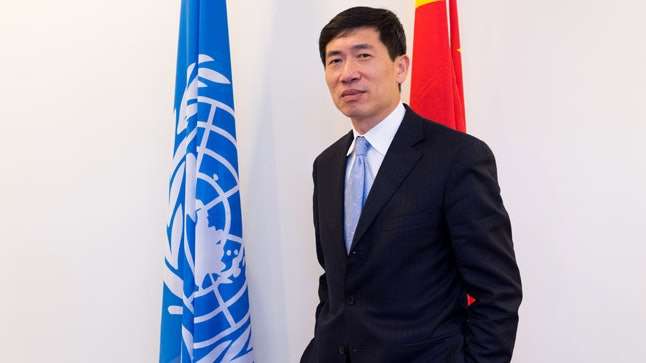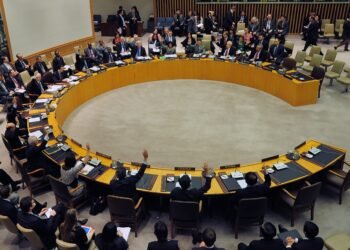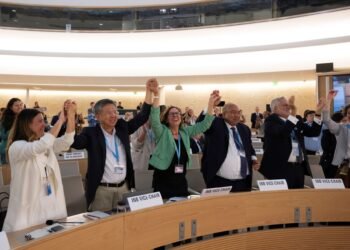Despite global strides toward the Sustainable Development Goals (SDGs), cities worldwide — especially those in the Global South — continue to struggle with poverty, inequality, and environmental challenges.
In response, World Cities Day, designated by the United Nations General Assembly, provides a vital opportunity to reflect on the hurdles cities face and the path forward in sustainable urban development.
This year’s theme, “Youth Climate Changemakers: Catalysing Local Action for Urban Sustainability,” underscores the crucial role that young people play in driving urban innovation.
“By empowering young people, we can accelerate climate action and drive global progress for the Sustainable Development Goals,” said António Guterres, UN Secretary-General. This call to action emphasizes the need to integrate youth voices into urban planning for sustainable and resilient cities.
Youth as Agents of Urban Transformation
Projections estimate that by 2050, 70 percent of the global population will reside in cities. By 2030, nearly 60 percent of these urban residents will be under 18, highlighting the need to engage young people in urban decision-making processes now.
Examples from around the world illustrate how youth-led initiatives are shaping sustainable futures in their communities.
One such story comes from Nepal, where a young innovator launched an online food delivery service during the COVID-19 pandemic that adapted to local needs and thrived.
“One area for work that makes me feel very encouraged is where we work with young people and their use of digital technology,” said Haoliang Xu, Under-Secretary-General and UN Development Programme (UNDP) Associate Administrator.
To support youth leadership in urban sustainability, international frameworks such as the Pact for the Future and the Declaration on Future Generations are promoting youth inclusion.
Specific actions proposed include establishing youth councils, appointing youth representatives in local governments, and fostering open dialogues between young people and policymakers. These initiatives aim to position youth as essential participants in shaping sustainable cities that meet current and future challenges.
Local Voices, The Cornerstone of Resilient Cities
Beyond youth engagement, building sustainable urban environments requires the input of diverse local voices to reflect the needs of all residents. This approach prioritizes listening to community feedback as an essential part of urban planning, ensuring that cities remain inclusive and adaptable.
Discussing this holistic approach, Mr. Xu remarked, “If our urban governments look at their work with the lens of effectiveness, accountability, and inclusion, we can move even faster to achieve our common goals of SDG 11 and also the goals in the New Urban Agenda.”

The Local 2030 initiative, supported by 16 UN agencies and various governments, embodies this inclusive vision. “The aim is to mobilize local governments and communities to address local development challenges, which often include many urban issues,” Mr. Xu explained. The initiative encourages community-centered planning to build cities that can better adapt to local and global needs.
Through World Cities Day and the tireless work of both young and established community members, urban areas are being reimagined as sustainable, resilient spaces that prioritize inclusivity.
With initiatives such as Local 2030, as well as international efforts to engage and empower young people, cities can advance the Sustainable Development Goals while creating environments that will serve generations to come.
READ ALSO: Calls for Public Increased Involvement in Governance and Accountability Intensify







